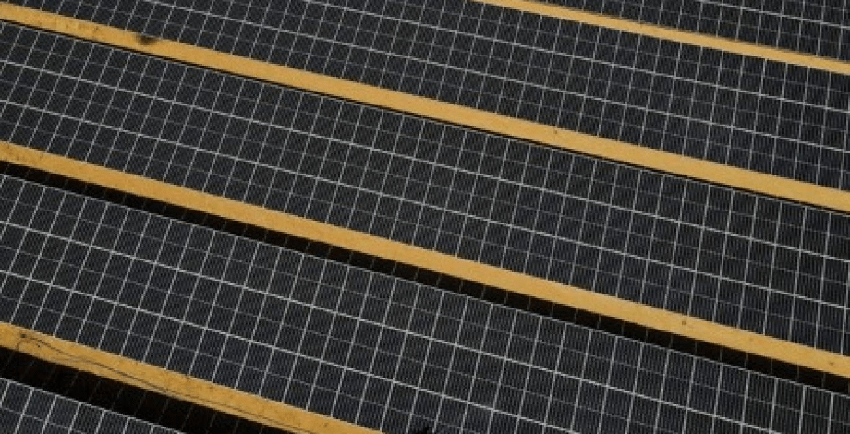In Short : The EU Environment Commissioner has issued a warning against politicizing clean energy laws. Emphasizing the importance of bipartisan support, he urged policymakers to prioritize the environment over political agendas. By depoliticizing clean energy legislation, governments can ensure stable, long-term policies that encourage investments and foster the transition to sustainable energy sources. This approach is essential for achieving climate goals, promoting innovation, and building a resilient and low-carbon economy for the future.
In Detail : The ongoing work of the European Union on green energy regulations and laws risks being politicized ahead of the June 2024 EU elections, Virginijus Sinkevicius, European Commissioner for the Environment, Oceans and Fisheries, told Bloomberg in an interview on Friday.
“I don’t want new files to be politicized because of the elections coming,” Sinkevicius said.
“I don’t want to open files and leave them in limbo,” the commissioner told Bloomberg.
The EU is holding elections for the European Parliament in early June 2024 and climate laws and regulations could become highly politicized issues in the campaign amid inflation, the energy crisis, and the increase in the cost of living.
Reuse of packaging and the use of microplastics are some of the issues on which the EU could struggle to reach a compromise before the elections next year, the commissioner told Bloomberg.
Moreover, politicians in various EU states have criticized the high costs of an accelerated energy transition as governments have just poured billions of euros to help vulnerable households through the energy crisis.
The EU is sticking to its target to be carbon neutral by 2050. The European Parliament endorsed last month much higher binding renewable energy targets by 2030 by passing the Renewable Energy Directive, a key part of the European Green Deal for the EU to become a carbon-neutral bloc by 2050.
The directive, which needs EU member states approval to become law, raises the targeted share of renewable energy in the EU’s energy consumption to 42.5% by 2030, up from a current target of 32%.
To compare, renewable energy represented 21.8% of the energy consumed in the EU in 2021, down from 22.1% in 2020, according to Eurostat. Sweden had the highest share of renewables in its consumption – 62.6%, ahead of Finland, 43.1%, and Latvia with 42.1%, as reported to Eurostat.

